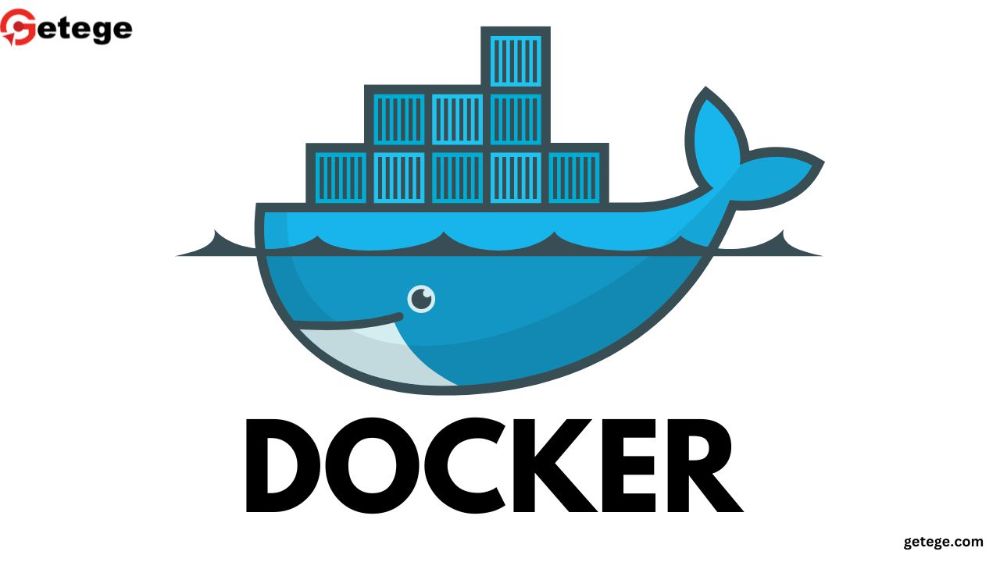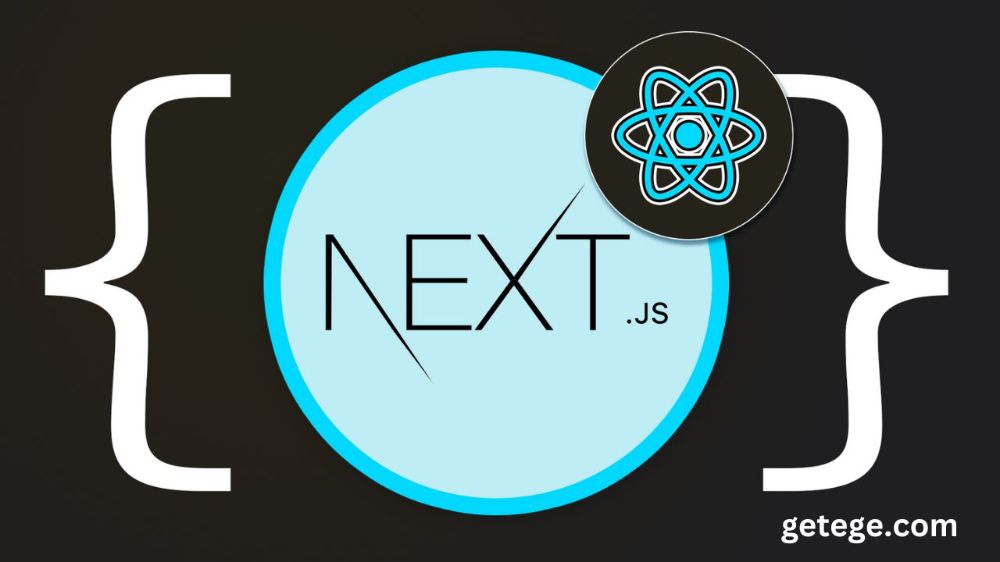Master ASP.NET Core: A Comprehensive Guide for Web Developers
ASP.NET Core is a powerful, open-source web framework developed by Microsoft that allows developers to build modern, cloud-based, and high-performance web applications. It’s a cross-platform framework, which means you can run your applications on Windows, Linux, and macOS. Whether you're creating websites, RESTful APIs, or real-time apps, ASP.NET Core provides the flexibility, scalability, and features you need to build robust, maintainable solutions. In this blog post, we’ll dive deep into the core aspects of ASP.NET Core, exploring its key features, advantages, and why it's an excellent choice for web development today.
Key Features of ASP.NET Core
1. Cross-Platform Framework
ASP.NET Core allows developers to create applications that can run on Windows, Linux, and macOS. This cross-platform capability gives developers the flexibility to deploy their applications in diverse environments and leverage the strengths of different operating systems.
2. High Performance
One of the standout features of ASP.NET Core is its superior performance. According to benchmarks, ASP.NET Core is one of the fastest frameworks available, which means your web applications can handle a large number of concurrent users while maintaining speed and responsiveness.
3. Modular Framework
ASP.NET Core is modular, allowing developers to add or remove components as needed. This modularity improves the efficiency and performance of applications, as unnecessary components can be omitted, reducing overhead.
4. Unified Development
ASP.NET Core unifies the development of web UI and APIs, meaning developers can use a single platform to create a variety of applications such as web apps, mobile backends, or microservices. This unified platform reduces the learning curve for developers and improves code reuse.
5. Cloud-Ready Configuration
ASP.NET Core’s built-in configuration system is designed with cloud environments in mind. Developers can configure their applications to seamlessly interact with cloud services such as Azure, AWS, and Google Cloud.
6. Dependency Injection
Dependency Injection (DI) is a first-class citizen in ASP.NET Core. This means that ASP.NET Core has built-in support for DI, which promotes loose coupling of code and improves the maintainability and testability of applications.
7. Open Source
As an open-source framework, ASP.NET Core benefits from contributions from the developer community and is continuously evolving. This makes it a reliable, future-proof choice for developers who want to work with the latest web technologies.
Why Choose ASP.NET Core for Web Development?
ASP.NET Core has gained a lot of popularity in recent years due to its flexibility, performance, and developer-friendly features. Here's why it stands out:
- Scalability: Whether you're building a small website or a large enterprise application, ASP.NET Core is scalable and can grow as your project demands increase.
- Security: ASP.NET Core has robust security features, such as built-in authentication, authorization, and HTTPS enforcement, which help in building secure web applications.
- Rich Ecosystem: The ASP.NET ecosystem is vast, with excellent support for libraries, frameworks, and tools that enhance development efficiency and quality.
How to Get Started with ASP.NET Core?
To get started with ASP.NET Core, follow these basic steps:
- Install .NET SDK: Download and install the latest version of the .NET SDK from the official website.
- Create a New Project: Use Visual Studio or Visual Studio Code to create a new ASP.NET Core project.
- Choose Project Template: Select from various templates like MVC, Web API, Razor Pages, or Blazor depending on your application needs.
- Configure Dependencies: Configure your services using the
Startup.csfile and add necessary dependencies. - Run the Application: Once your app is configured, you can run it locally or deploy it to a hosting platform like Azure.
ASP.NET Core vs. ASP.NET Framework
ASP.NET Core is the successor to the traditional ASP.NET Framework.
| Feature | ASP.NET Core | ASP.NET Framework |
|---|---|---|
| Cross-Platform | Yes | No |
| Performance | High | Moderate |
| Modularity | Modular | Monolithic |
| Open Source | Yes | No |
| Cloud Support | Excellent | Limited |
| Modern Web Development | Advanced | Basic |
Conclusion
ASP.NET Core is a robust, versatile, and high-performance framework that enables developers to build modern, scalable web applications. Its cross-platform capabilities, modular structure, and cloud integration make it a go-to choice for web development. Whether you're building small websites or large enterprise solutions, ASP.NET Core offers the tools and features to create efficient, maintainable, and future-ready applications.














